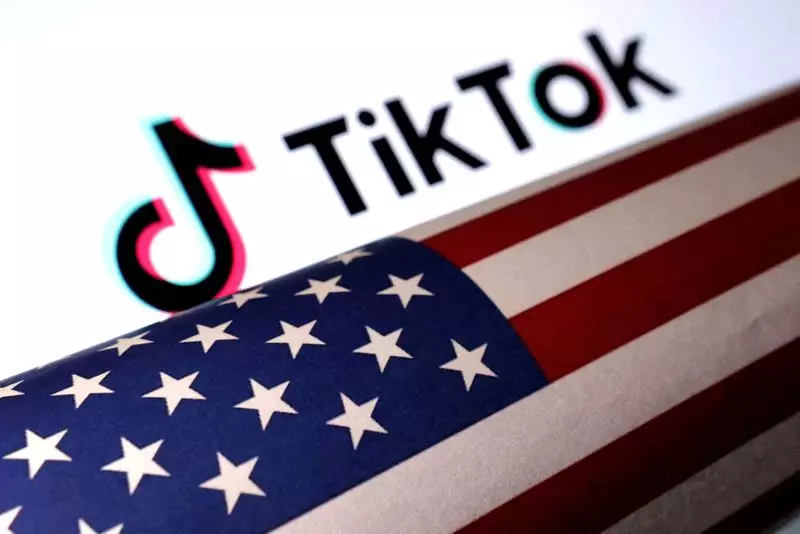The U.S. Department of Justice made a strong case against China-based ByteDance’s ownership of TikTok, citing serious national security threats. The DOJ highlighted concerns about data collection and covert content manipulation, stating that the Chinese government could potentially undermine U.S. national security through the popular social media platform.
In response to TikTok’s denial of sharing U.S. user data with China, the government emphasized that it had never provided concrete proof of its claims. Despite TikTok’s assertions, the government stood firm in its belief that the risk of data exploitation by the Chinese government was too great to ignore.
The Biden Administration’s Stance
The Biden administration requested the U.S. Court of Appeals to uphold the law requiring ByteDance to sell TikTok’s U.S. assets by a specified deadline. The administration rejected TikTok’s lawsuits seeking to block the law, signaling a strong stance on national security concerns over Chinese ownership of the app.
Concerns Over Source Code Security
ByteDance’s claim that TikTok’s source code contained an extensive 2 billion lines made a full review impossible, according to the DOJ. The government raised concerns about the lack of transparency and oversight, highlighting the complexity of reviewing such a vast amount of code.
Potential Ban on TikTok
The law signed by President Biden mandated ByteDance to sell TikTok by a specific date to avoid a possible ban. While the White House aimed to address national security risks associated with Chinese ownership, it expressed reluctance towards imposing a blanket ban on the app.
The appeals court is set to hold oral arguments on the legal challenge surrounding TikTok, putting the issue at the center of the final weeks leading up to the presidential election. The involvement of key political figures, including President Trump and Vice President Harris, adds a layer of complexity to the national security debate.
The law prohibits major app stores like Apple and Google from offering TikTok and restricts internet hosting services from supporting the platform unless divested by ByteDance. These measures reflect growing concerns among U.S. lawmakers about potential data breaches and espionage risks associated with Chinese-owned apps.
The U.S. Department of Justice’s efforts to address national security threats posed by ByteDance’s ownership of TikTok raise significant concerns about data privacy and geopolitical influence. The legal battle and upcoming presidential election spotlight the contentious debate surrounding Chinese tech ownership and its implications for U.S. national security.

